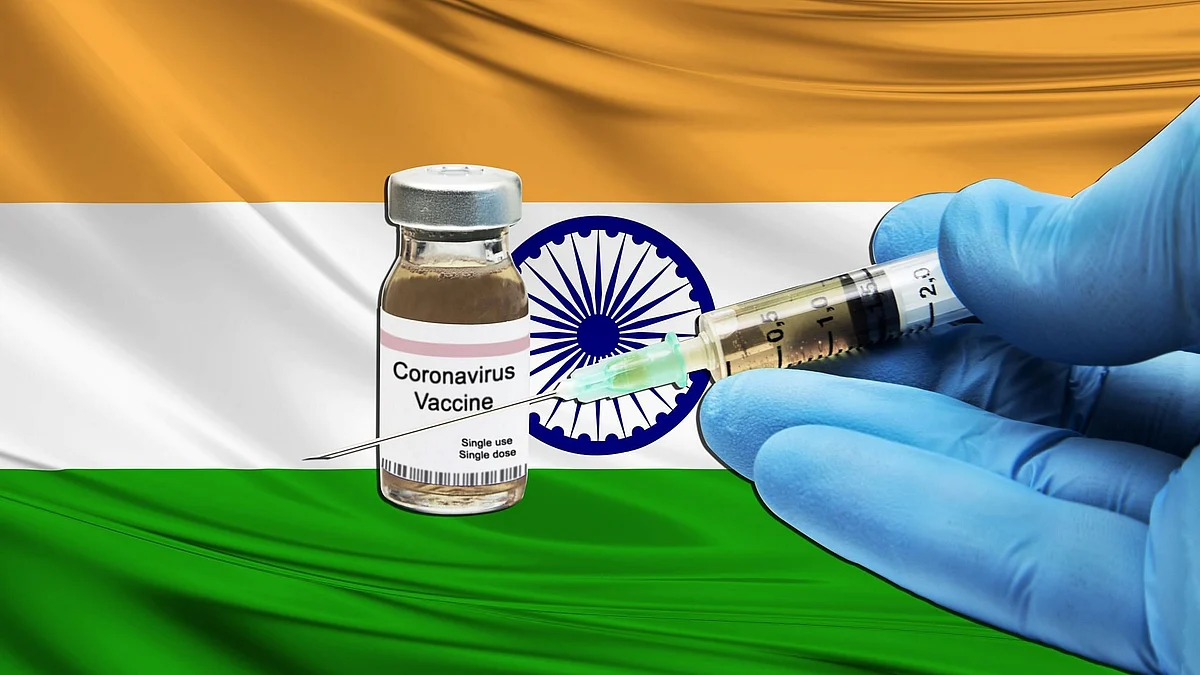
Indian Govt’s Indemnity ‘Doublespeak’: Why COVAXIN But Not Others?
COVAXIN got emergency approval sans Phase 3 trials; why isn’t govt offering safe harbours to foreign vaccine makers?

advertisement
During the COVID-19 pandemic, vaccine supplies in India have trailed behind the moving target set by an ever-increasing demand.
Globally, some countries confer statutory exemptions from liability to vaccine manufacturers, except for reasons attributable to their negligence. Most notably, the US promulgated the Public Readiness and Emergency Preparedness Act in 2005 which grants an exemption from liability to manufacturers and distributors of critical medical supplies unless they indulge in “wilful misconduct”. This sets a fairly high threshold of culpability to be discharged to establish liability.
The Unenviable Choice Facing Govt of India
In the absence of any statutory exemption from liability in India, vaccine manufacturers are compelled to negotiate the inclusion of contractual indemnities to eliminate any liability for adverse reactions. In the absence of such protections, vaccine companies would be exposed to unlimited liability for the millions of doses administered within the numerous countries to which they have supplied vaccines.
While on the one hand the Indian government has thus far refused to provide contractual or statutory safe harbours to foreign vaccine manufacturers, its grant of emergency approval of COVAXIN, without completion of the Phase III trial, and its adoption without Emergency Use Listing by the World Health Organization (WHO), underscores a stark contrast — this raises questions about the equitable treatment of domestic and foreign vaccine manufacturers.
If withholding an indemnity arises out of a concern about the potential effects of a vaccine on the Indian populous, granting emergency approvals and making exceptions for the expedited adoption of a vaccine would be difficult to justify.
India had earlier mandated foreign vaccine makers to send their vaccines for bridge trials (to test efficacy and impact of such vaccines on the indigenous population). While India has done away with this requirement, the completion of a bridge trial should have satisfied the Indian government about the efficacy and potential side effects of the vaccine, justifying at least some flexibility in granting a waiver of liability.
Expediting Approval Of Foreign Vaccines Would Contradict Govt’s Indemnity Stance
While some have argued that the grant of an indemnity may set an adverse precedent, there are several factors which point to the grant of an indemnity in the present circumstances as being an exception to the rule. For vaccine companies and countries alike, the accelerated timelines for development of vaccines may not have permitted the usual rigours of testing and in the interest of time. Accordingly, a vaccine manufacturer’s request for flexibility in the form of a contractual or statutory exemption of liability may be an exception justified only by these aberrational circumstances.
Whilst accepting a lower threshold of safety is unacceptable, setting a higher standard just for India may present a barrier to the import of vaccines in a timely manner.
This would be at odds with the government’s reluctance to either grant a contractual indemnity or promulgate legislation to statutorily sanction a safe harbour for vaccine companies.
What Should Guide Policy Prerogatives For Vaccine Approval?
Vaccine manufacturers cannot be faulted for seeking a contractual liability waiver, as the perceived risks arising out of unforeseen adverse reactions are exacerbated in jurisdictions such as India, due to the propensity for protracted litigation, and sheer volumes of potential litigations in a country that lacks statutory safe harbours for expedited vaccine development.
Accordingly, it should come as no surprise to the Indian government if vaccine companies choose only to submit themselves to courts of jurisdiction where they are guaranteed not just speed, but finality, without countless appeals.
When the government has set precedent by granting emergency approval even prior to completion of Phase III trials, presumably placing public interest over what was then perceived as a justifiably low odds of adverse effects, the same yardstick must be applied consistently.
(Akash Karmakar is a partner with the Law Offices of Panag & Babu and leads the firm’s corporate and regulatory advisory practice This is an opinion piece and the views expressed are the author’s own. The Quint neither endorses nor is responsible for them.)
(At The Quint, we question everything. Play an active role in shaping our journalism by becoming a member today.)
- Access to all paywalled content on site
- Ad-free experience across The Quint
- Early previews of our Special Projects
Published: 11 Jun 2021,03:41 PM IST